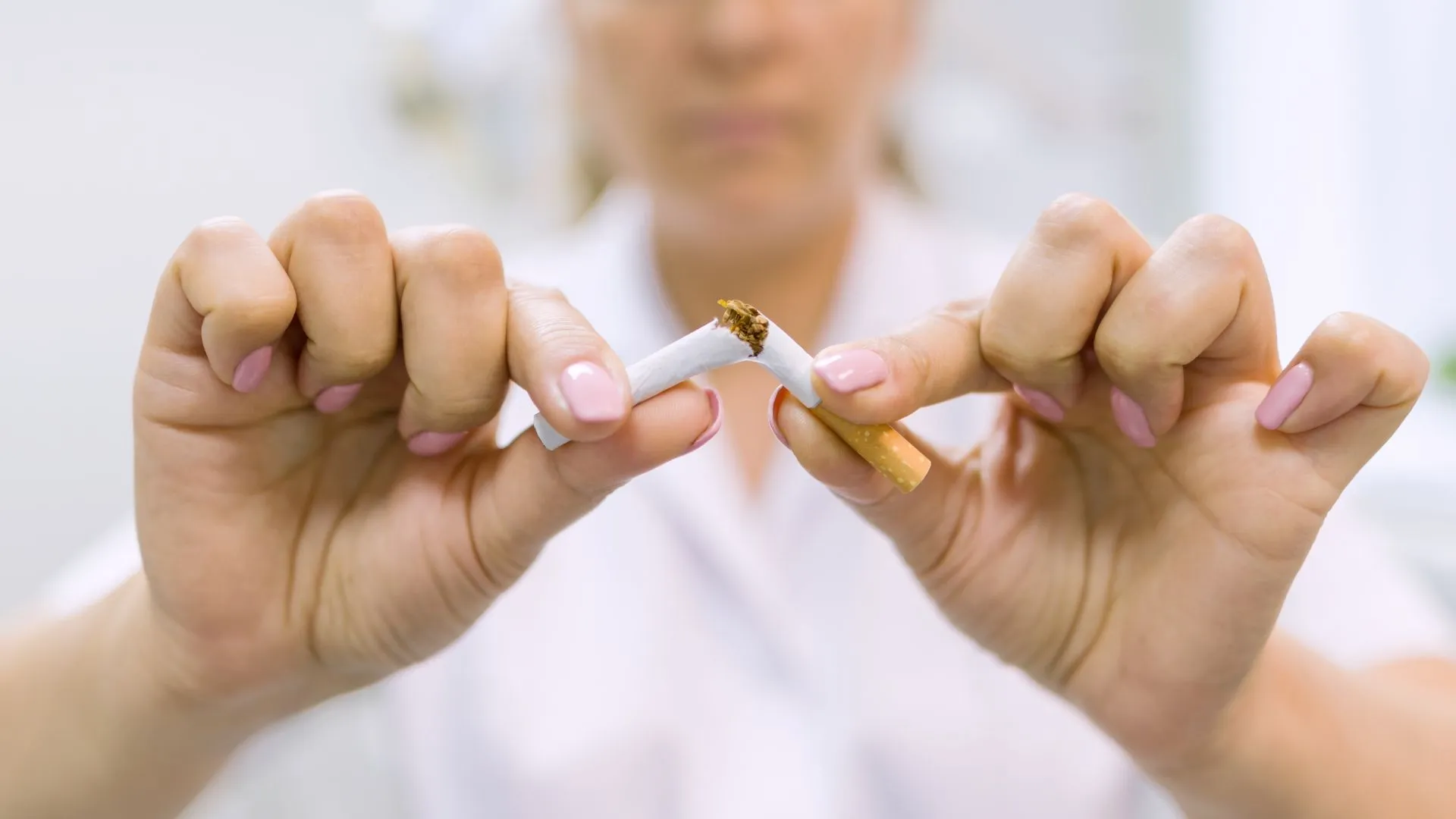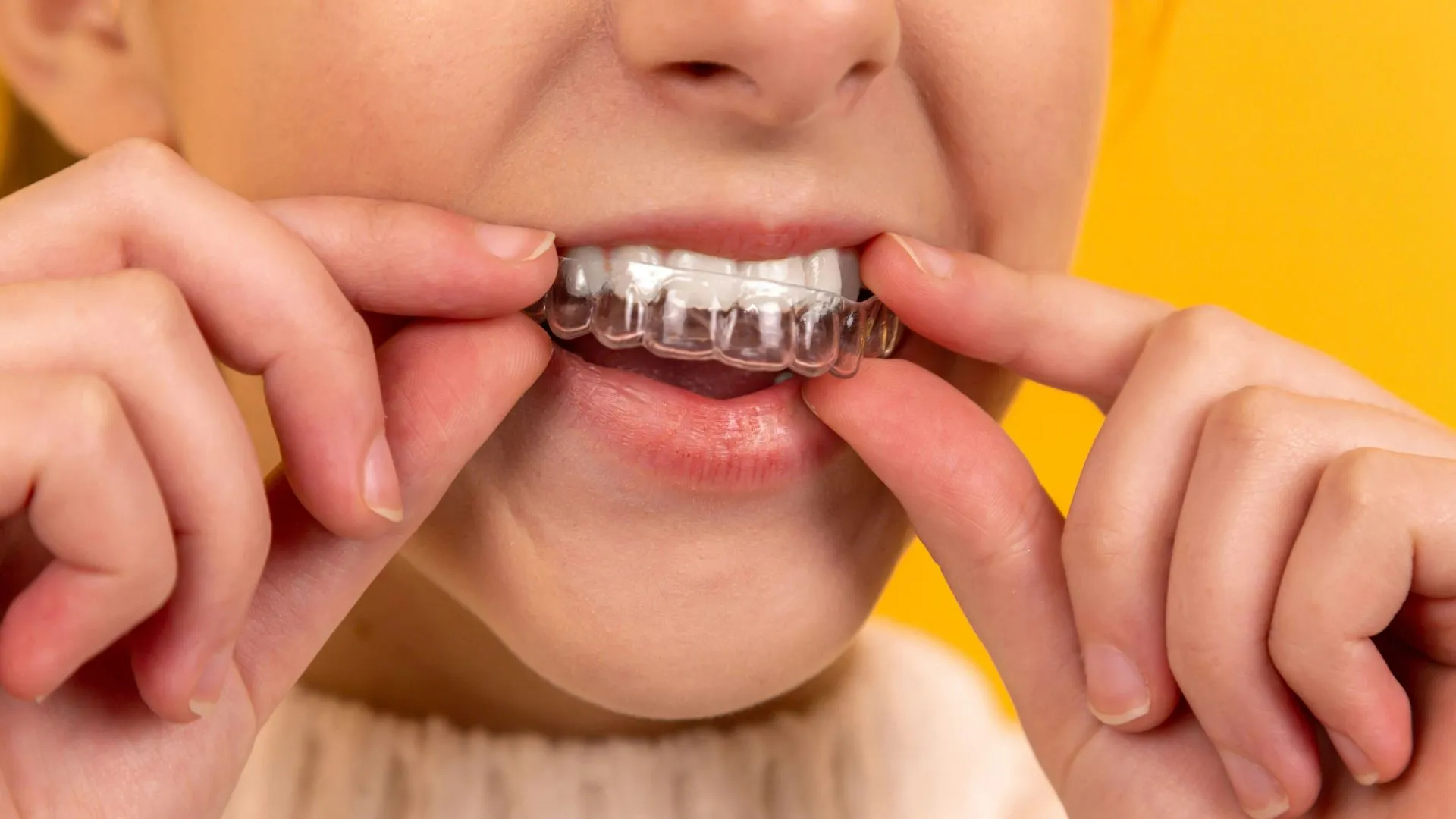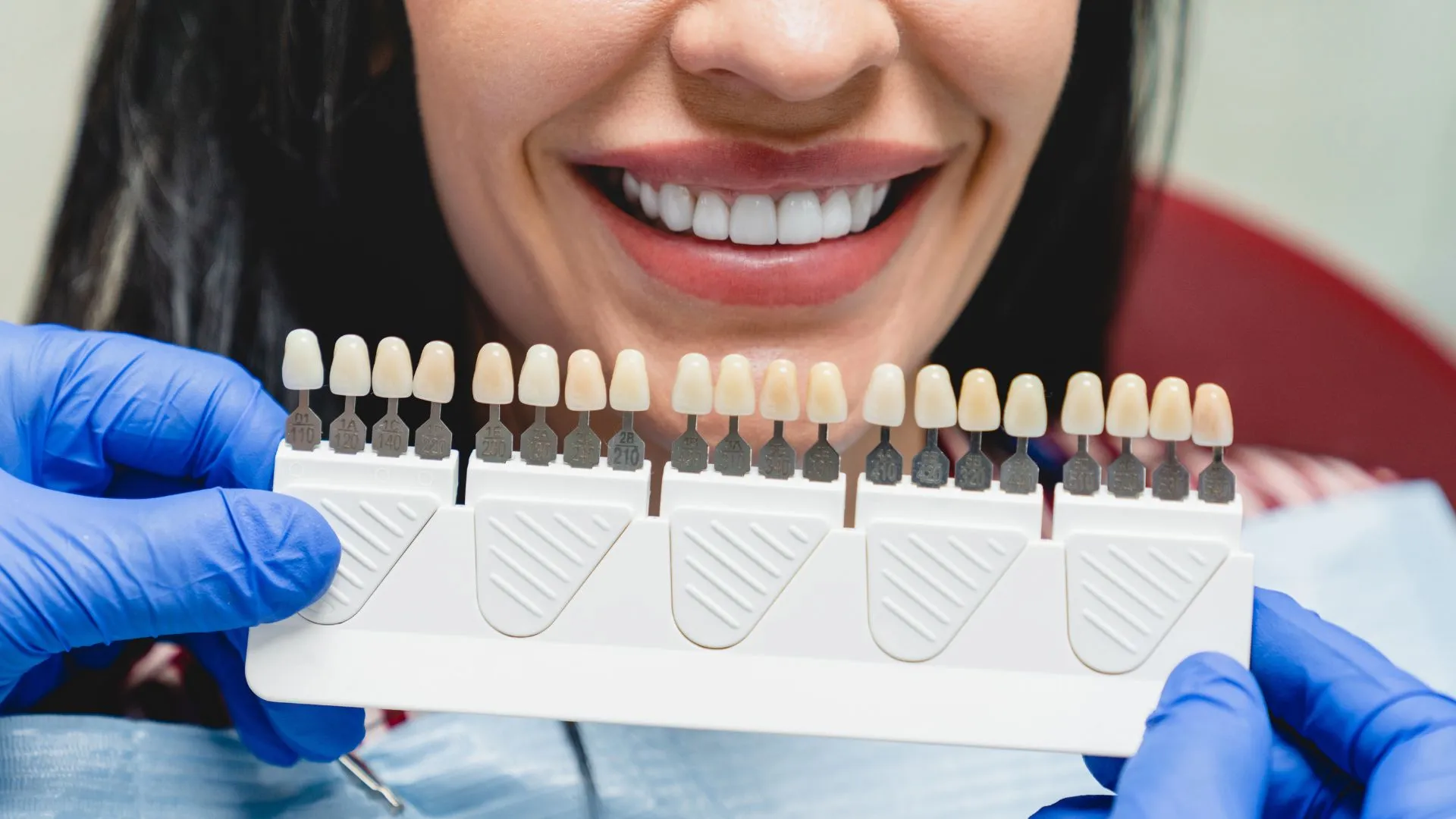Smokers hear time and again how bad their habit is for them. And because smoking can be a contraindication for many health procedures, a smoker may not realize he or she is a good candidate for dental implants. This is a wonderful opportunity to replace…

Smokers hear time and again how bad their habit is for them. And because smoking can be a contraindication for many health procedures, a smoker may not realize he or she is a good candidate for dental implants. This is a wonderful opportunity to replace missing teeth and restore function and appearance.
Dr. Thomas Michaelis says that most people are candidates for dental implants, even smokers. As long as they quit for two weeks, their success rate can go back to normal; otherwise, they will have a higher failure rate over the long term. You can learn more in the following Youtube video:
Although the bulk of this video focuses on how smokers can improve their chances of dental implants, it’s interesting to note that Dr. Michaelis says that dentists need to have a discussion regarding lower success rates. A smoker may intrinsically know that their habit isn’t good for them, but they may not know the specifics of why it’s not good. If a medical professional hasn’t sat them down and explained exactly why smoking could be a contraindication, then they may continue their habit. If a person needs to stop smoking anyway for surgery, this could be a good time to kick the habit permanently with a dentist’s help.
The site 123dentist.com has a wonderful outline for the layperson that dentists should emulate when they need to convince patients to change their habits:
Why is smoking bad for your oral health?
Decreased levels of oxygen in the blood leads to a weakened immune system and leaves your mouth vulnerable to infection. This means that bacteria found in your mouth can more easily build-up and infiltrate your gums. The bacteria can quickly destroy gum flesh, causing it to recede and become loose and unhealthy. The gums help to anchor teeth in place, so when their health is compromised teeth can become loose and potentially fall out. When gum disease progresses it can affect the bones and surrounding flesh, causing them to break down, too. Studies have shown that those who smoke are two times more likely to contract gum disease than those who don’t.
These kinds of explanations are thorough and informative, but they can be easily understood by those outside of the dentistry sector. Along with explaining why smoking is bad, dentists should be clear that special products will never be as good as quitting:
There are toothpastes and mouthwashes available on the market produced specifically for those who use tobacco products, however they are not nearly as effective at treating oral issues brought on by smoking as getting rid of the habit is. These products are generally more harsh and abrasive in an attempt to target destructive bacteria but they have no effect in restoring enamel, reversing tooth rot, root rot, gum rot, or preventing any kind of cancer. Read full article here . . .
Although no one can force a person to change their lifestyle habits, more support and education from the medical community is certainly a step in the right direction. In fact, a report from the CDC showed that not only has smoking decreased over the years, but that this change is often spurred by population-based interventions and counseling:
CDC: Fewer U.S. adults smoke now than in 2005
The news is mostly positive, as the percentage of U.S. adults who smoke cigarettes declined from 20.9% in 2005 to 15.1% in 2015, and the proportion of those identified as daily smokers declined from 16.9% to 11.4%, according to lead author Ahmed Jamal, MBBS, and colleagues in Morbidity and Mortality Weekly Report (November 11, 2016, Vol. 65:44, pp. 1205-1211).
“The [U.S.] Surgeon General has concluded that the burden of death and disease from tobacco use in the United States is overwhelmingly caused by cigarettes and other combusted tobacco products,” the authors wrote . . . Adults in the following categories also were more likely to smoke:
- Adults living below the poverty level
- Adults enrolled in Medicaid or who are uninsured
- Adults who have a disability or limitation
“. . . Proven population-based interventions, including tobacco price increases, comprehensive smoke-free laws, antitobacco mass media campaigns, and barrier-free access to tobacco cessation counseling and medications, are critical to reducing cigarette smoking and smoking-related disease and death among U.S. adults,” the authors concluded. Read full article here . . .
As you can see, along with a good support system that educates smokers, there also needs to be help for those who can’t afford implants. Since implants are not typically covered by insurance, dentists should be upfront about any financing options they have and how quitting will save patients money for their surgery in the long-run. In fact, time.com had an article that showed that a lifetime of smoking could cost people 1 to 2 million dollars!




